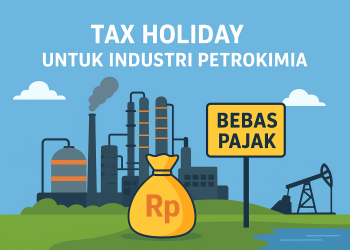MANILA, Philippines (April 10, 2019) — A day before Nestlé’s Annual General Meeting, over a hundred activists belonging to the global #breakfreefromplastic movement trooped to Nestlé’s Philippine headquarters today to demand accountability for their role in abetting the country’s plastic pollution crisis.
Accompanied by four higantes carrying a serpent-like plastic monster, the groups delivered a demand letter and “invoice from the Filipino people” outlining the costs of Nestlé’s single-use plastic packaging to human health impacts, environmental pollution, death of wildlife, damage to livelihoods and businesses, greenhouse gas emissions, and waste management costs.
“For the longest time, companies like Nestlé have been passing on the costs and impacts of their plastic pollution to our people, communities, and environment. Their continuing reliance on single-use plastics for packaging their products has brought on terrible consequences for nature, marked by polluted beaches and suffering wildlife, not to mention potentially serious effects on our health,” said Sonia Mendoza, Chair of Mother Earth Foundation.
The Philippines, along with other Southeast Asian countries, are reeling from the impacts of plastic pollution brought about by the influx of products wrapped in sachets or smaller plastic packaging aimed at reaching lower income brackets in developing countries. However, communities and governments often bear the brunt of managing the disposal of these plastic packaging while multinational corporations’ continued production and use of single-use plastic packaging have been escaping scrutiny and accountability.
In brand audits conducted in coastal areas, as well as in cities and municipalities throughout the country, Nestlé’s throwaway plastic packaging outnumbered the amount of packaging from other manufacturers. In a five-year household waste assessment and brand audits conducted in seven cities and municipalities by MEF, Nestlé was found to be the top household plastic polluter, with Nestlé-branded packaging trash accounting for almost 15% of the total branded residual waste audited.

Further, waste and brand audits conducted in six Philippine and Indonesian hospitals in 2018 also found Nestle (along with Monde Nissin and Danone) as one of the top three biggest single-use plastic waste producers. Finally, in September 2017, #breakfreefromplastic member organizations in the Philippines conducted an unprecedented eight-day coastal cleanup, waste and brand audit on Freedom Island, a critical habitat for migratory birds off Manila Bay. The audit identified the top brands found to be polluting the island. Multinational corporations like Nestle led the top corporate plastic polluters ranking.
“It is totally unjust that Nestlé is passing the burden for managing what is essentially an unmanageable waste problem on our local governments and citizens. Why should taxpayers assume the pollution legacy of a multi-billion dollar company? Our government should start charging Nestlé and similar companies for their share of our waste management costs. Our taxes should be used to support educational, health and other social services for Filipinos, and not to cover up the pollution footprint of multinational companies,” said Aileen Lucero, National Coordinator of the Ecowaste Coalition.
In a briefing paper released today, the groups have estimated that the cost for the management of residual wastes (which is mostly single-use plastics) is around PHP 5.8 to 7.2 million per day, or around PHP 2.1 to 2.6 billion per year.
“Corporations like Nestlé must redesign their production and start investing in alternative packaging materials and delivery systems that are ecologically sustainable for the people and the planet. We also want to see clear targets and timelines from the company on how they intend to reduce their plastic footprint. It is lamentable that instead of prioritizing reduction measures, the company is still fixated in promoting false and controversial solutions like chemical recycling and pyrolysis to respond to this crisis. The time for greenwashing is over, Nestlé, it’s time to clean up your act!” added Beau Baconguis, Regional Plastics Campaigner of the Global Alliance for Incinerator Alternatives and Asia-Pacific coordinator of #breakfreefromplastic.
“We are here today because we have had enough. Nestlé claims to care about its plastic pollution, but has actually continued to increase its reliance on throwaway plastics. In 2018, the company produced 1.7 million metric tons of plastic packaging, which is a 13 percent increase from the 1.5 million metric tons they produced in 2017. While they claim to be taking this crisis seriously, their actions are not backing that up. As a major contributor to plastic pollution, Nestlé must take immediate action to reduce its production of throwaway packaging and invest in refill and reuse delivery systems for the sake of our planet,” added Abigail Aguilar, Greenpeace Campaigner.
Notes to the Editors:
Last year, brand audits led by Break Free From Plastic member organizations in 42 countries, found Nestlé as the third most frequent multinational brand collected in cleanups. In the Philippines, the National Solid Waste Management Commission (NSWMC) estimated that waste generation in the country in 2016 is at 40,000 tons per day (tpd). If we assume that all this goes to landfill, the cost for managing this waste is around PHP 32 million to 40 million daily. The NSWMC data cites that residuals comprise 18% of waste generated.
Contact:
Jed Alegado, Communications Officer for Asia Pacific, Break Free from Plastic
jed@breakfreefromplastic.org | +63 917 607 0248
Sonia Astudillo, Communications Officer, Global Alliance for Incinerator Alternatives Asia Pacific
sonia@no-burn.org | +63 917 596 9286
About BFFP – #breakfreefromplastic is a global movement envisioning a future free from plastic pollution. Since its launch in September 2016, over 1,400 non-governmental organizations from across the world have joined the movement to demand massive reductions in single-use plastics and to push for lasting solutions to the plastic pollution crisis. These organizations share the common values of environmental protection and social justice, which guide their work at the community level and represent a global, unified vision. www.breakfreefromplastic.org.



















